Quiz time: Can you name Newton’s first law of motion?
No? (Don’t feel bad, I had to look it up, too.)
Newton declared, “Every object in a state of uniform motion tends to remain in that state of motion unless an external force is applied to it.”
In other words, if you are flying in the International Space Station and toss an apple out the window (come on, use your imagination), it will keep going in that same direction forever, unless something stops it (like a planet, gravity or alien life form).
Although Newton was talking about physics, little did he know he was also describing life.
People tend to move in the same direction as they always have unless some external force is applied. I don’t know about you, but I don’t want my life to be lived in a straight line. I want to change, to improve, to crush it.
This is why I read.
A book is a powerful external force that can completely knock your life off its mundane straight line and change everything about who you are. The following are five books that did just that in my life.
1. Rich Dad, Poor Dad
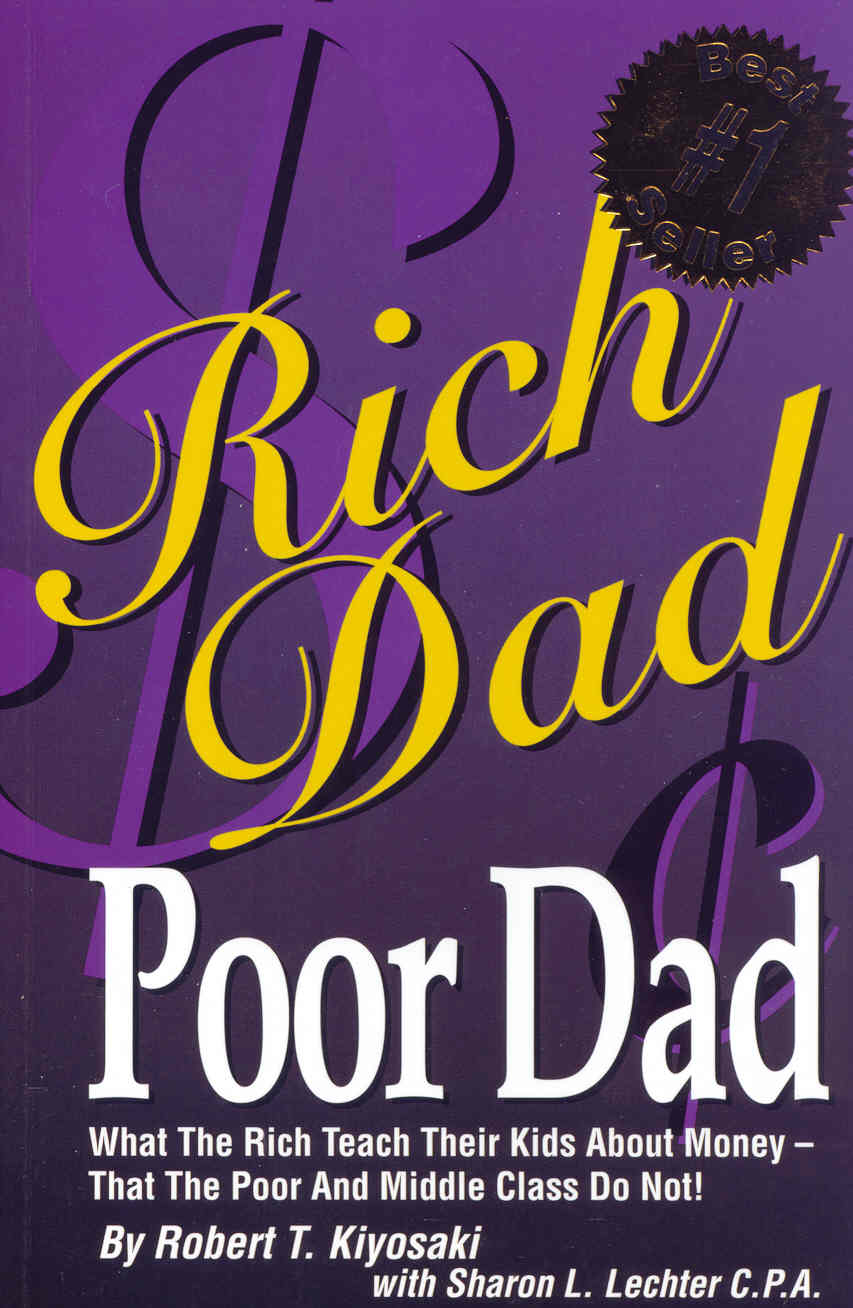
Something was eating me alive inside. (No, it wasn’t a parasite.) It was an idea.
Something about work, life, money, wealth and freedom — but I couldn’t quite say what that idea was. For months it weighed on me, but I couldn’t find words to express it.
Then came Rich Dad, Poor Dad by Robert Kiyosaki.
Finally, there were words for the internal dialogue that was taking place every minute of my life. I could finally form my abstract thoughts about money into actual speech — and it changed my life forever.
It’s hard to say exactly what Rich Dad, Poor Dad is because it means so many different things to so many different people. But the gist of it is this: The poor work for their money, but the rich make their money work for them. It’s a mindset book more than anything, but with enough stories and examples to keep you captivated. It’s no wonder this book is hands down the most popular book recommended by guests on The BiggerPockets Podcast that I co-host each week.
Kiyosaki taught me to stop saying, “It can’t be done,” and start asking, “How can it be done?” in every area of life. He started me on a journey that led me to buy my first rental property, followed by dozens of other investment properties that got me out of the “rat race” by the time I was 27.
For the first time, I began to see that wealth is not an accident, but an action. (Yes, I expect you to tweet that! I worked hard on that line!)
Do yourself a favor and pick up a copy of Rich Dad, Poor Dad this week.
2. The Total Money Makeover
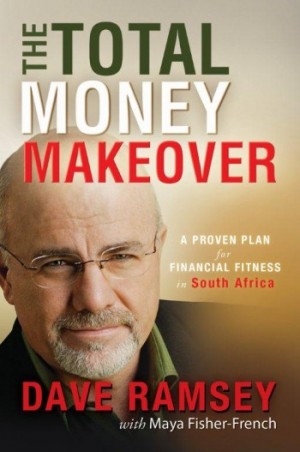
A year after reading Rich Dad, Poor Dad, a friend from church recommended I read through Dave Ramsey’s book The Total Money Makeover, and once again, my life took a turn for the better after a rude awakening: my spending was out of control!
I was spending $1,000 a month more than I was making. How did I not realize this?
The Total Money Makeover helped me to look at my personal finances with more seriousness and gave me a passion to pay off debt, live more frugally, and save more money.
Suddenly, having a budget didn’t seem like a chore, it felt like I finally had a reign on my wallet. I was in control of my spending. My spending was not in control of me.
As an entrepreneur, some months are financially better than others. However, because of the lessons I learned from The Total Money Makeover, I’m better prepared to handle the difficult times because I have a strong personal finance foundation.
3. The 4-Hour Workweek
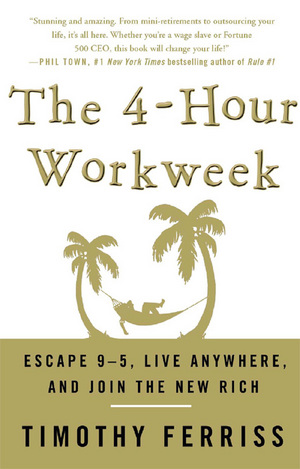
No, I don’t work four hours a week. No, I don’t travel to exotic countries to salsa dance. I don’t even know what Chinese kickboxing is.
But Tim Ferriss’ story and philosophy about business and life resonated with me in a powerful way that altered my life, my relationships, my free time and my purpose.
Whereas Rich Dad, Poor Dad taught me that wealth was mine for the taking, The 4-Hour Workweek taught me that life was mine for the taking.
I don’t need to wait until I’m 62 to enjoy the fruits of my labor. I don’t need to have $1,000,000 in the bank to achieve the life that millionaires brag about. I don’t need to slave away at a job I hate just to pay the bills.
There is another way.
Part productivity handbook, part inspirational and part lesson in entrepreneurship, The 4-Hour Workweek refuses to be classified as anything but what it truly is: life-changing.
I think critics of The 4-Hour Workweek tend to focus too much on the specifics of the book. “I can’t do that in my job” or “I don’t want to travel the world like Ferriss.” They are missing the point and can’t see the forest for the trees.
You don’t need to hire a virtual assistant for $2 an hour to change your life (though, I did). You don’t need to start an online business that generates passive income (though, I did). You don’t even need to backpack Europe like a hippy (though, I did). However, there are ways you can improve your business and life through efficiency and optimization.
For example, I hate talking on the phone with tenants, so after reading The 4-Hour Workweek, I hired someone part time to answer phones for me and show vacant units. The cost to me is tiny compared the amount of mental space it cleared up in my life, time that I could spend doing business activities I actually enjoy doing.
To sum up The 4-Hour Workweek: Find things in life that make you passionate, pursue them with all your soul, and enjoy a glass of red wine while you are at it.
4. The Lean Startup
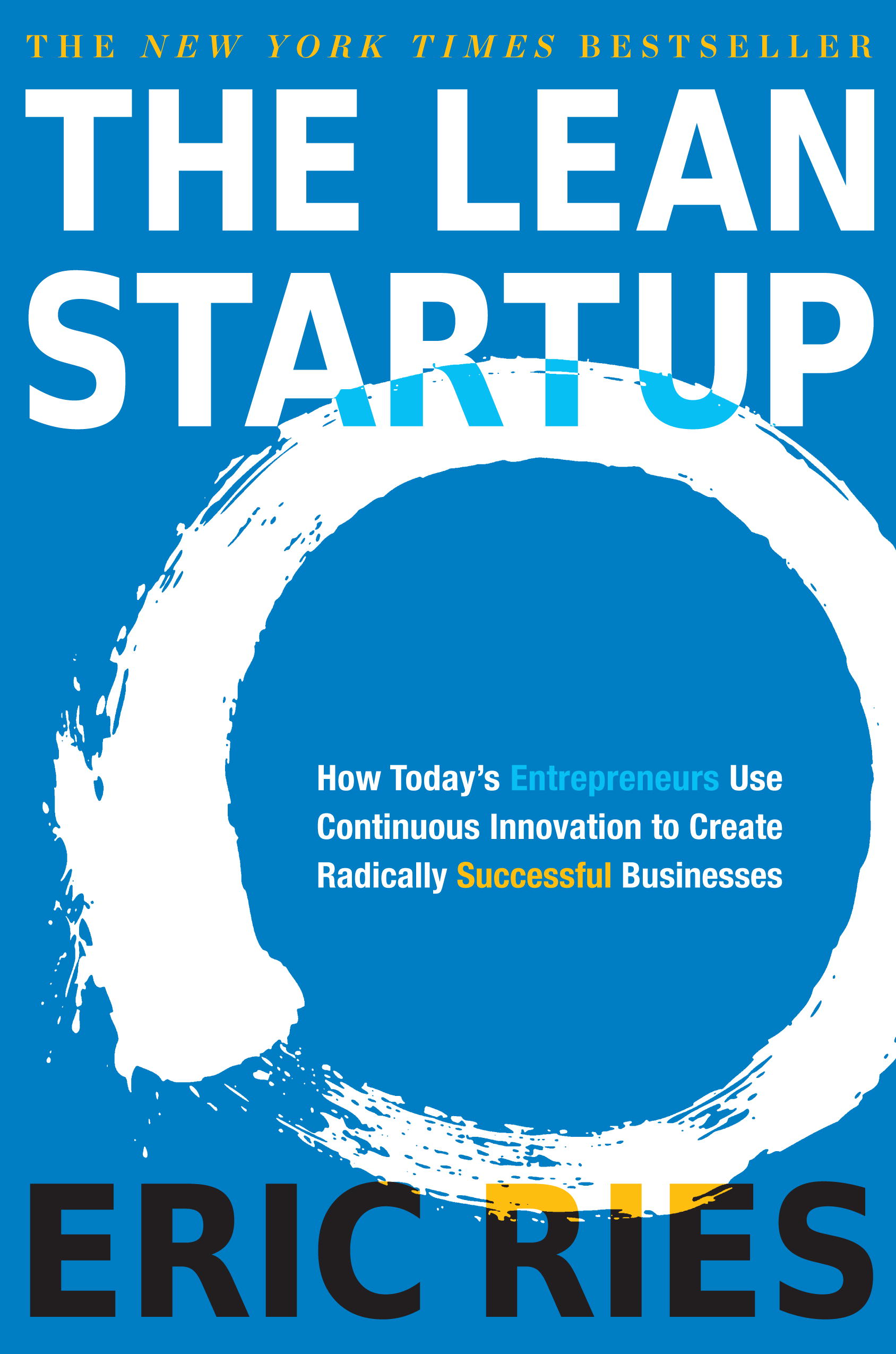
The fourth book to cross my path at just the right time was The Lean Startup by Eric Ries.
I had used real estate investing to get out of the rat race and was able to jump into my passion: teaching real estate to others. BiggerPockets was a small company at the time, with just the CEO and one developer. When I came on board, suddenly I was over my head in a world I knew nothing about: startup culture.
This is when The Lean Startup changed everything for me. No doubt, you’ve heard of this book, as the entire startup world has been transformed by lean methodology. Rather than building something that I want, why not build something everyone will want?
The Lean Startup got me excited about building a business that mattered, not just a business that made some money.
5. The One Thing
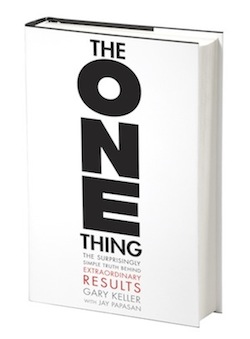
Life gets hectic, does it not?
I was working 100 hours a week between managing my rental properties, flipping houses, working at BiggerPockets and working on side projects as well. And I was burning out.
That’s when this final book book took me by the shoulders and gave me a good, hard shake. The One Thing by Gary Keller and Jay Papasan is an easy to read but profound book that helped me to focus on keeping the main thing the main thing in all areas of my life.
The One Thing asks, “What’s the one thing you can do such that by doing it everything else will be easier or unnecessary?”
By asking this question a dozen times a day, I am finding more time in my day to work calmly, taking less work home with me at night, fielding fewer emails and producing more income each month. It’s like magic.
Are you ready to escape the “straight-line life” and allow books to change who you are? If so, I highly recommend starting with these five books.
This article originally appeared on Entrepreneur.com
More from Entrepreneur.com:
Read next: 10 Inspiring Books That Will Motivate Your Vision
Download TIME’s mobile app for iOS to have your world explained wherever you go
More Must-Reads from TIME
- Donald Trump Is TIME's 2024 Person of the Year
- Why We Chose Trump as Person of the Year
- Is Intermittent Fasting Good or Bad for You?
- The 100 Must-Read Books of 2024
- The 20 Best Christmas TV Episodes
- Column: If Optimism Feels Ridiculous Now, Try Hope
- The Future of Climate Action Is Trade Policy
- Merle Bombardieri Is Helping People Make the Baby Decision
Contact us at letters@time.com